The Biological Resources Unit (BRU) Experimental Team manages the mouse in vivo research facility, providing day to day care and husbandry of the mice and upkeep and maintenance of the facility and the equipment located within it. We provide monitoring and data collection for experimental studies, technical expertise and high quality training for the research groups. We also review study request forms and advise and assist on the setting up of new studies or new mouse models.
The total cage capacity of the facility is around 4000 cages. One large room is used by the breeding facility and it is not practical to use every cage in the facility, but we still have a capacity for Experimental cages of around 2500 cages, plus another 200 in the Quarantine and Containment rooms.
The facility itself consists of:
- 3 x large holding rooms (one is used for breeding mice)
- 2 x medium holding rooms
- 1 x quarantine room
- 1 x containment room
- 4 x general procedure rooms
- 5 x ‘tech’ rooms with various equipment housed in them
- 1 x post mortem room
- 3 x surgical theatres, of varying sizes
The technical capabilities of the team currently include:
- All standard dosing routes (IP, IV, SC, ID, Gavage etc.)
- Tail vein bleeds
- A wide range of tissue sampling
- Intracardiac injection
- Intranasal inoculation
- Intrathoracic injection
- Whole body and tumour targeted irradiation
- UV irradiation
- Photoconversion
- Tear collection
- CSF (cerebral spinal fluid) collection
- Intra-tracheal inoculation (in progress)
- Mammary fat pad injection
- Intra tumour injection
- Image guided injection into the heart, liver and bladder wall
Featured Publications

2023 Annual Report
13th September 2024
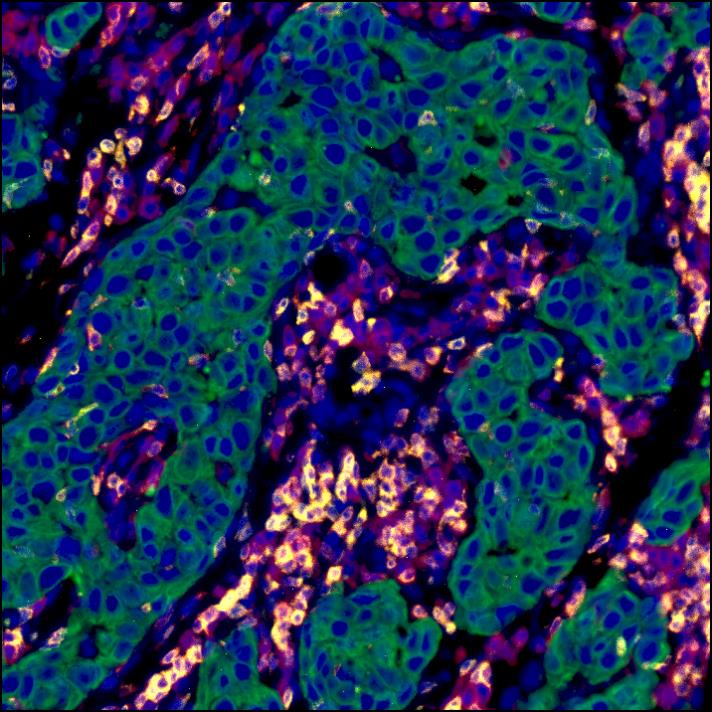
Chemotherapy-induced COX-2 upregulation by cancer cells defines their inflammatory properties and limits the efficacy of chemoimmunotherapy combinations
19th April 2022
Cytotoxic therapies, besides directly provoking cancer cell death, can also stimulate immune-dependent tumour growth control or paradoxically accelerate tumour progression. Here, the authors show that all chemotherapy drugs acutely upregulate COX-2 and PGE2 production in cancer cells with pre-existing COX-2 activity and, in doing so, fuel cancer immune escape post-treatment.
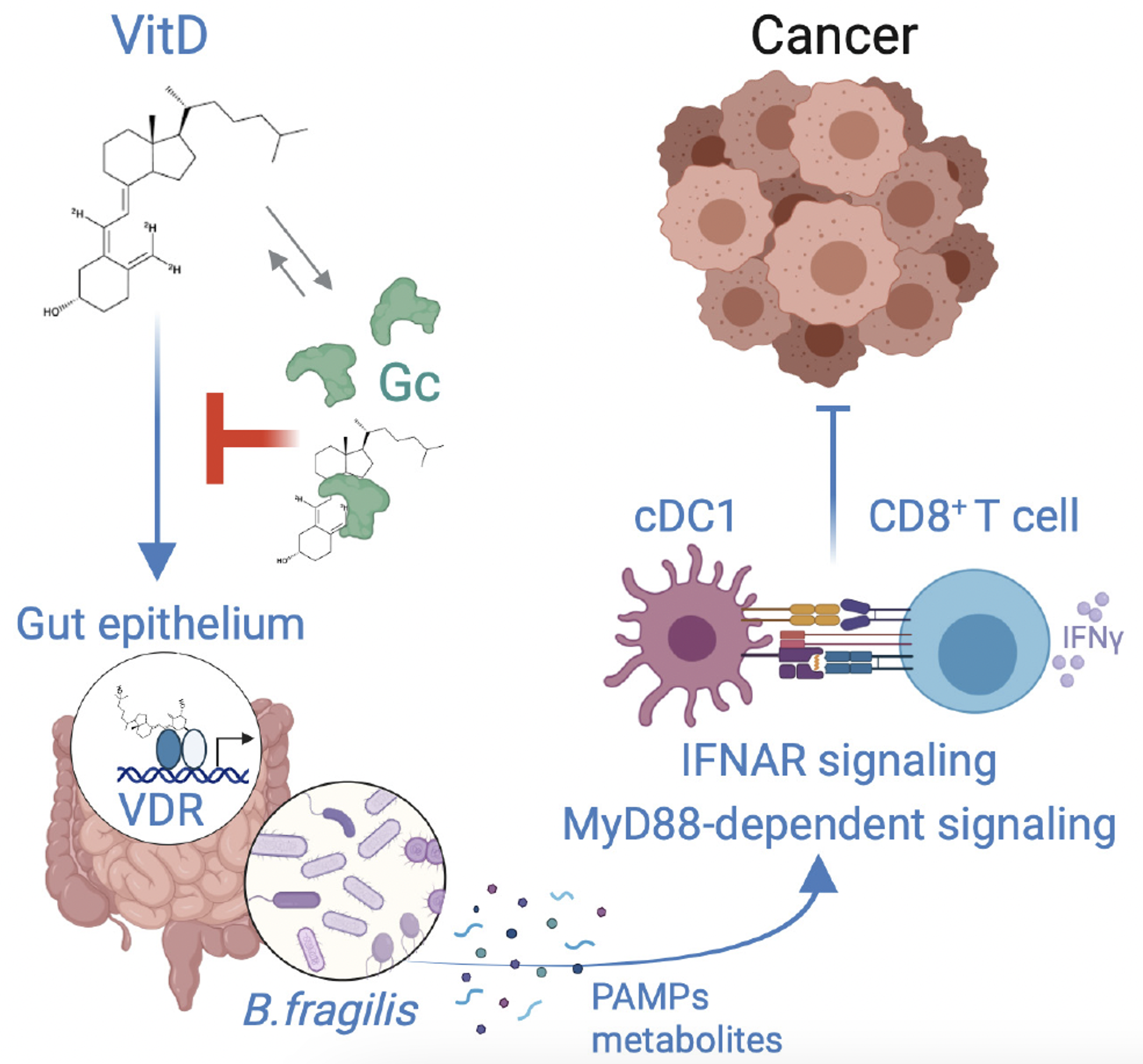
Vitamin D regulates microbiome-dependent cancer immunity
25th April 2024
The gut microbiome has been shown to modulate the response of cancer patients to therapy, but precisely how microbiota affect anticancer immunity is still being elucidated. Giampazolias et al. report that vitamin D bioavailability in mice influences the composition of the gut microbiome.
Training
We run a robust training programme for any students or new staff wanting to do animal work. All our trainers are experienced and have attended dedicated training and assessing courses. Our aim is to ensure the students are very confident and competent in their required techniques and we will support them until they are happy to work unsupervised.
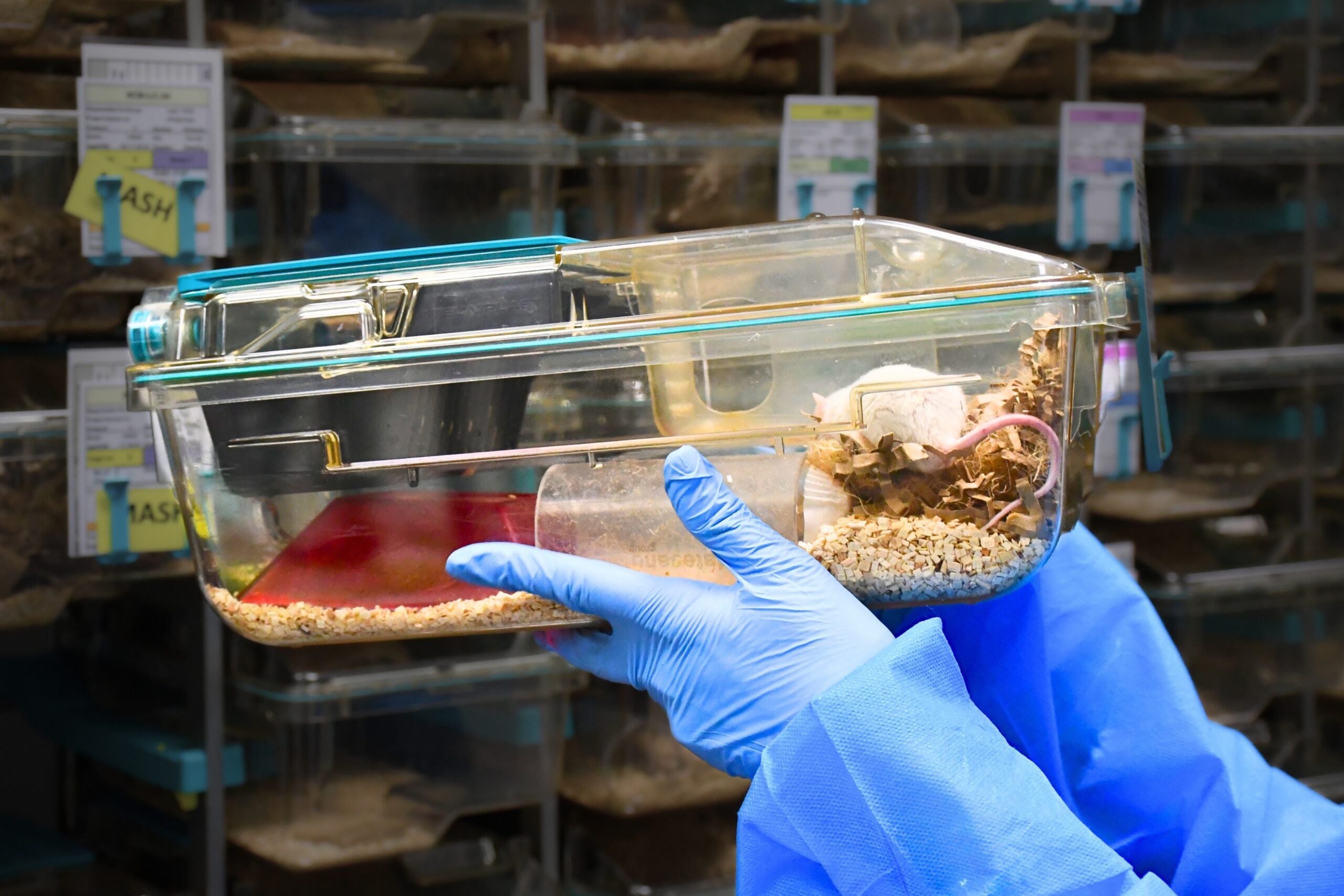
Meet the BRU Experimental Facility
The BRU Experimental Team are a dedicated team of animal technicians who aim to maintaining high standards of animal welfare, as well as always looking out for opportunities to improve or refine procedures. A large proportion of the technicians have worked at the Institute for a number of years and have a wealth of experience between them in caring for mice, carrying out a range of different procedures, and also in training others to a high standard. The three lab support technicians do not do hands on animal work, but manage the cagewash facility and storerooms and carry out a lot of the routine equipment maintenance. They keep the unit running efficiently day to day.
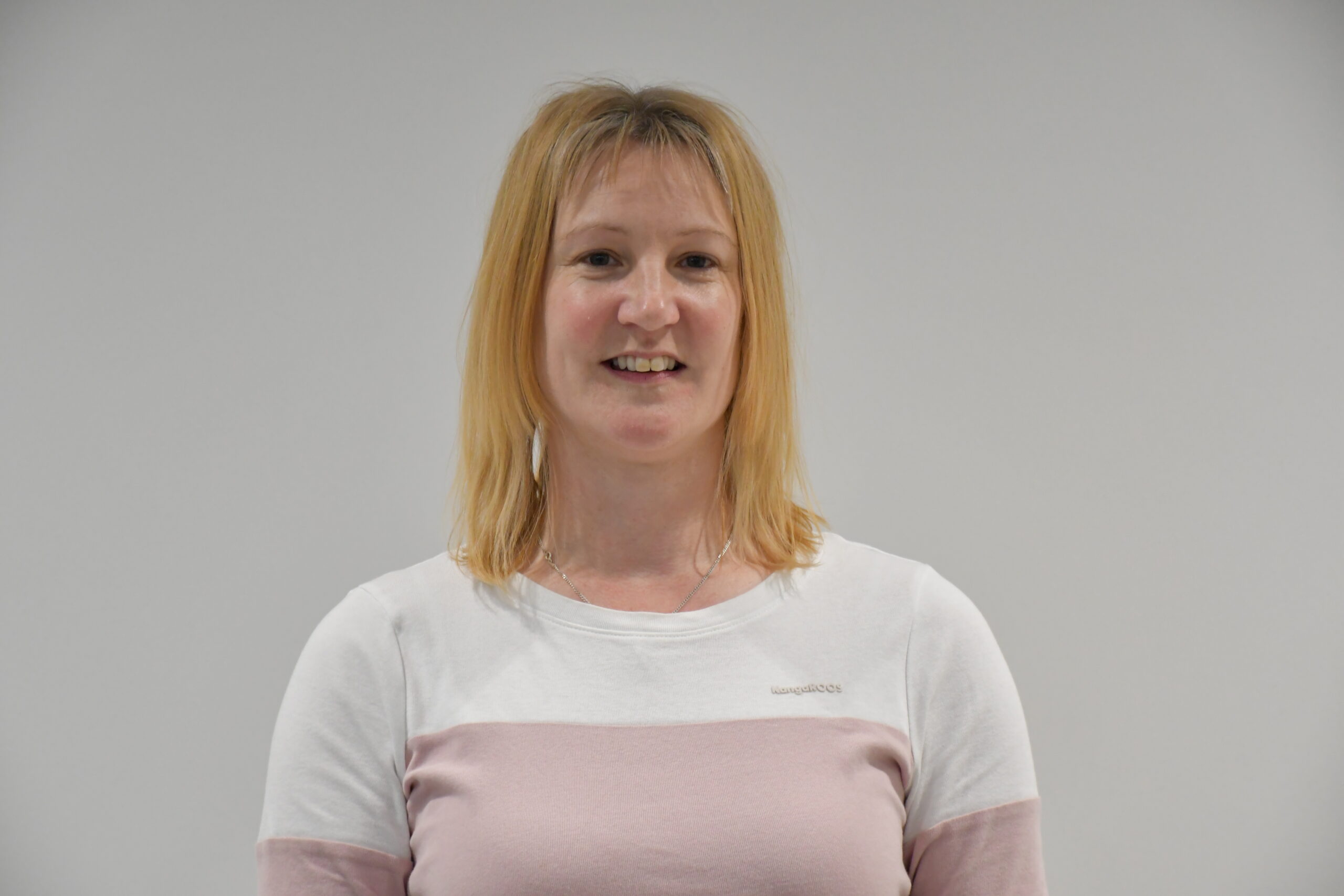
Core Facility Manager
Find out more about animals in our research
Most of our research does not involve animals but some animal research is essential if we are to understand, prevent and cure cancer.
Cancer Research UK only uses animals when there is no alternative. To find out more, visit our Animals in Research pages.
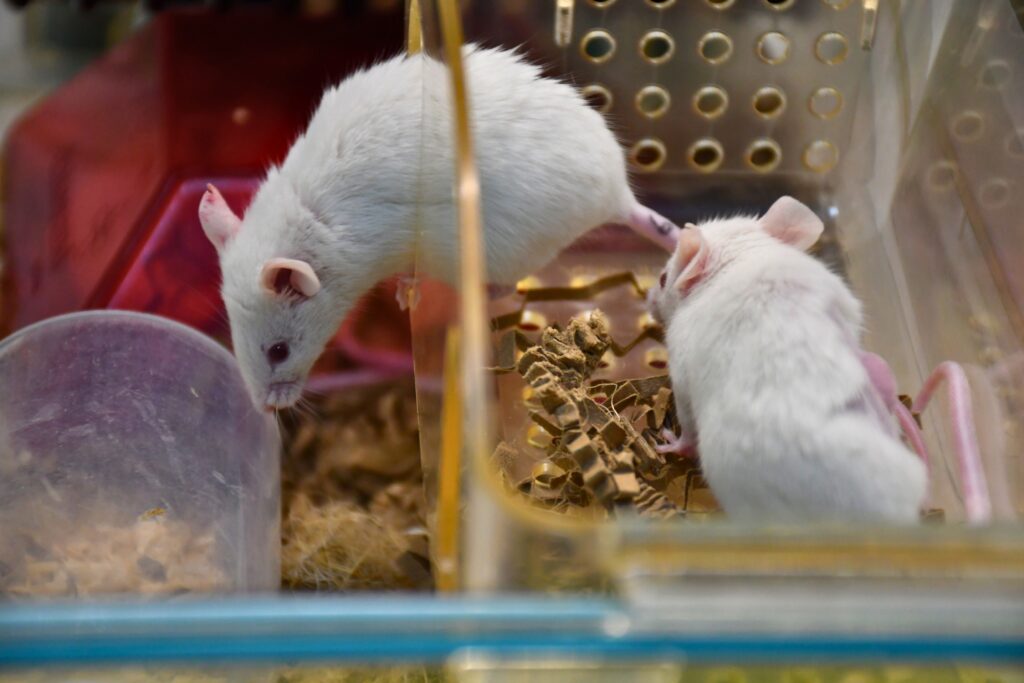
Get in touch
Our vision for world leading cancer research in the heart of Manchester
We are a leading cancer research institute within The University of Manchester, spanning the whole spectrum of cancer research – from investigating the molecular and cellular basis of cancer, to translational research and the development of therapeutics.
Our collaborations
Bringing together internationally renowned scientists and clinicians
Scientific Advisory Board
Supported by an international Scientific Advisory Board
Careers that have a lasting impact on cancer research and patient care
We are always on the lookout for talented and motivated people to join us. Whether your background is in biological or chemical sciences, mathematics or finance, computer science or logistics, use the links below to see roles across the Institute in our core facilities, operations teams, research groups, and studentships within our exceptional graduate programme.



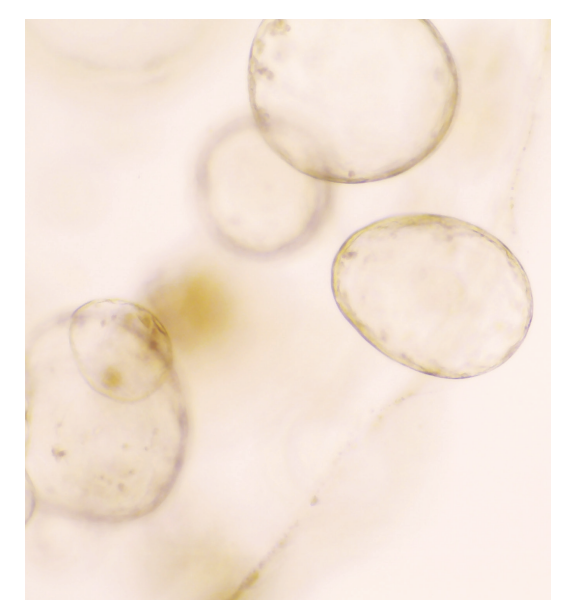

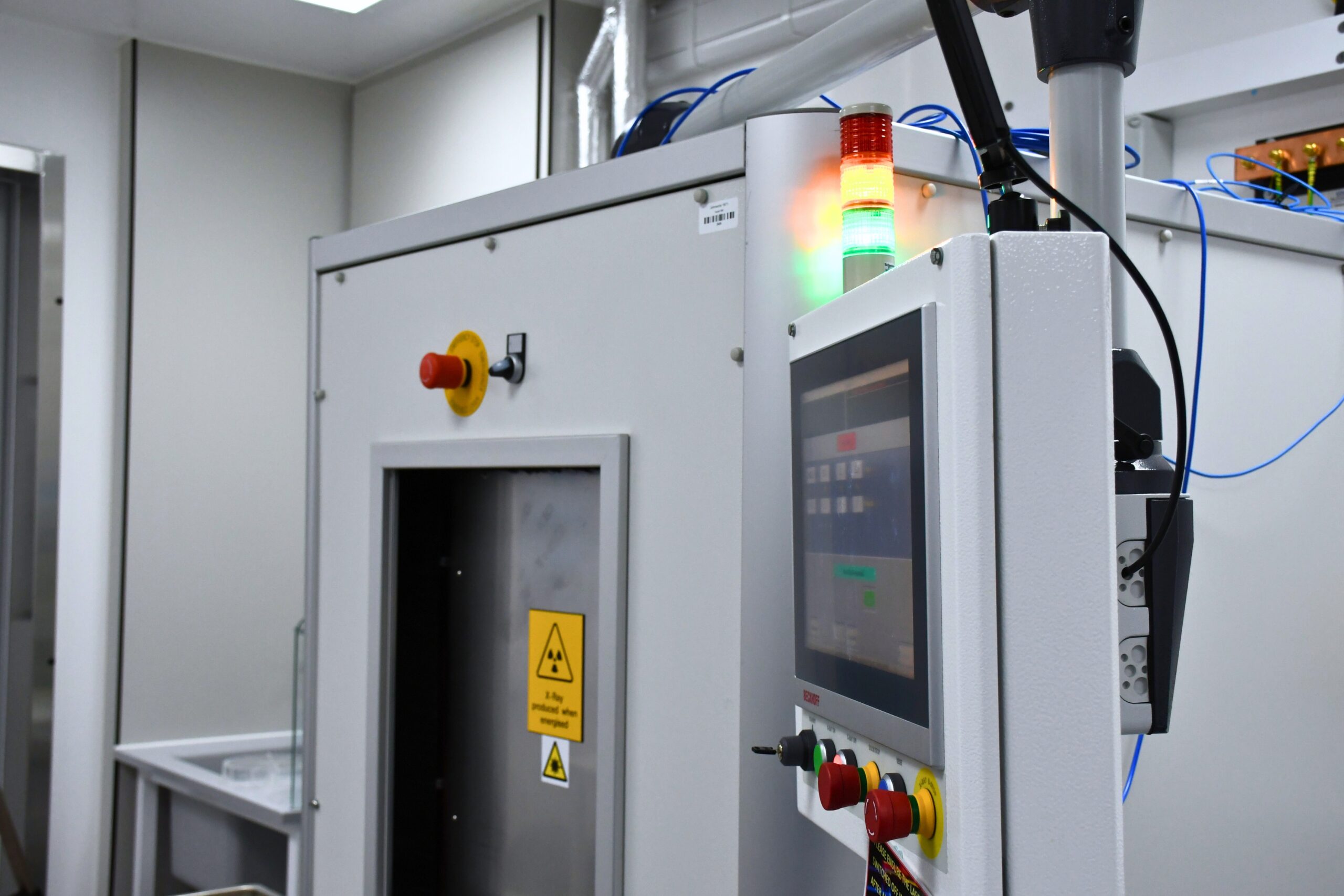
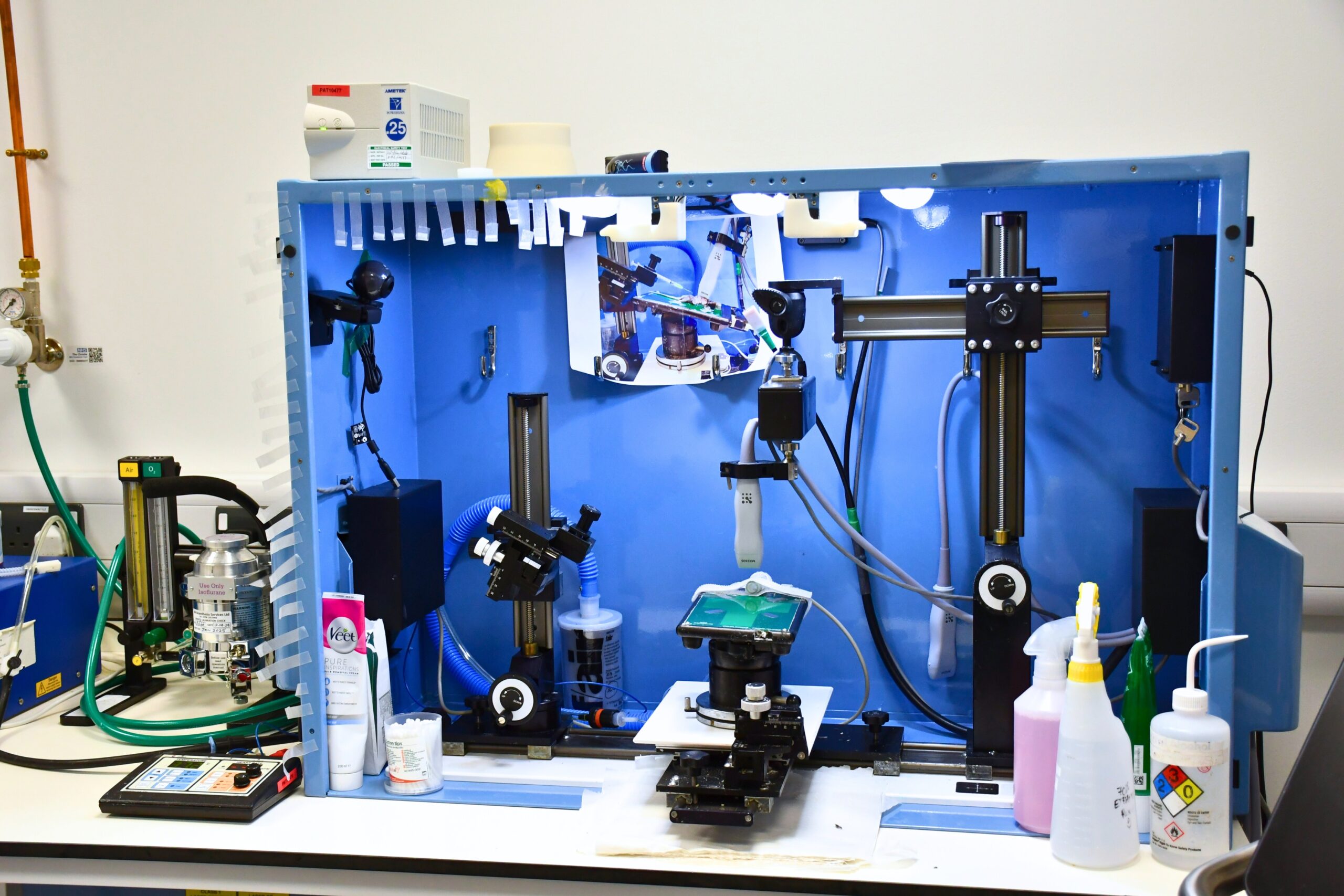
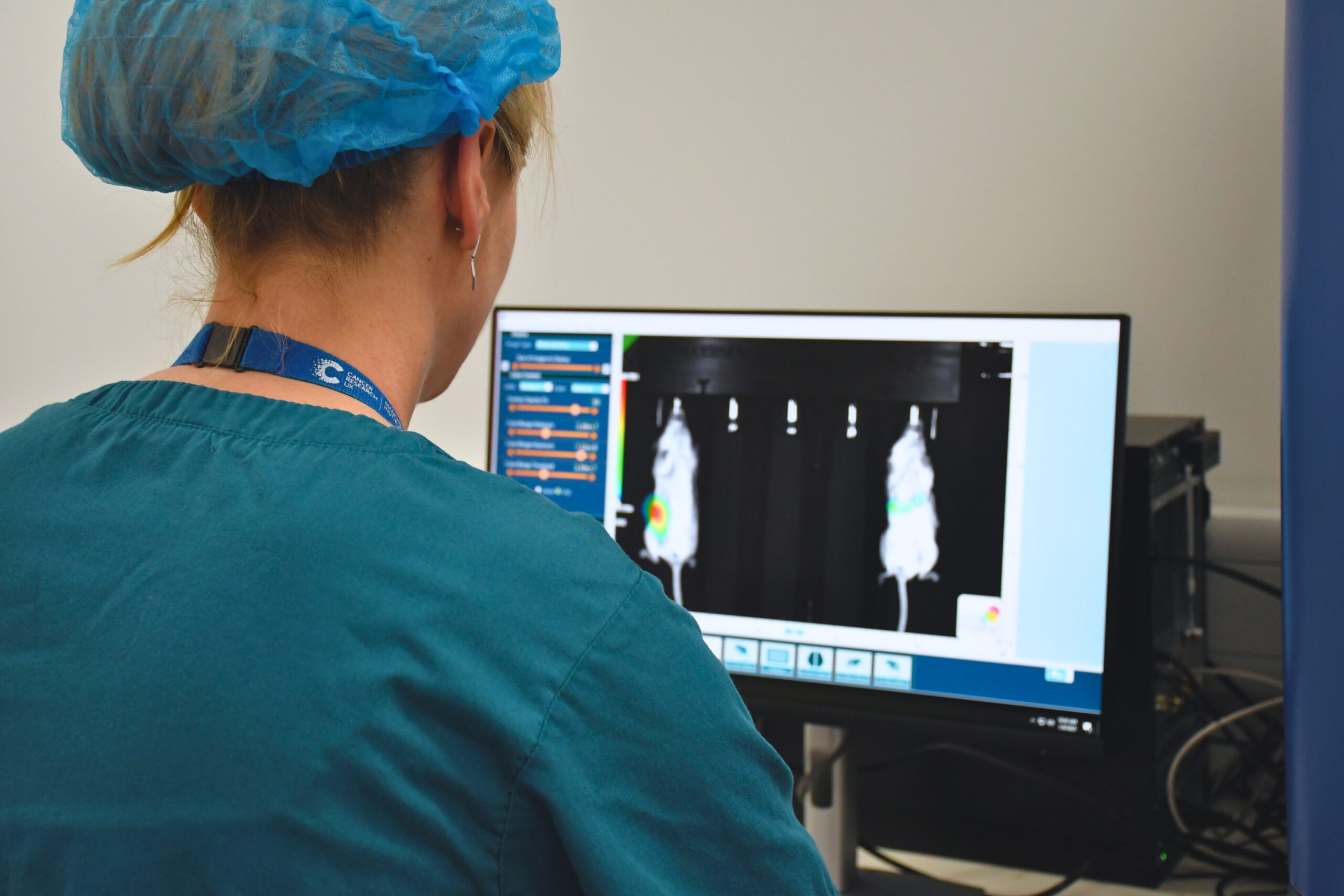






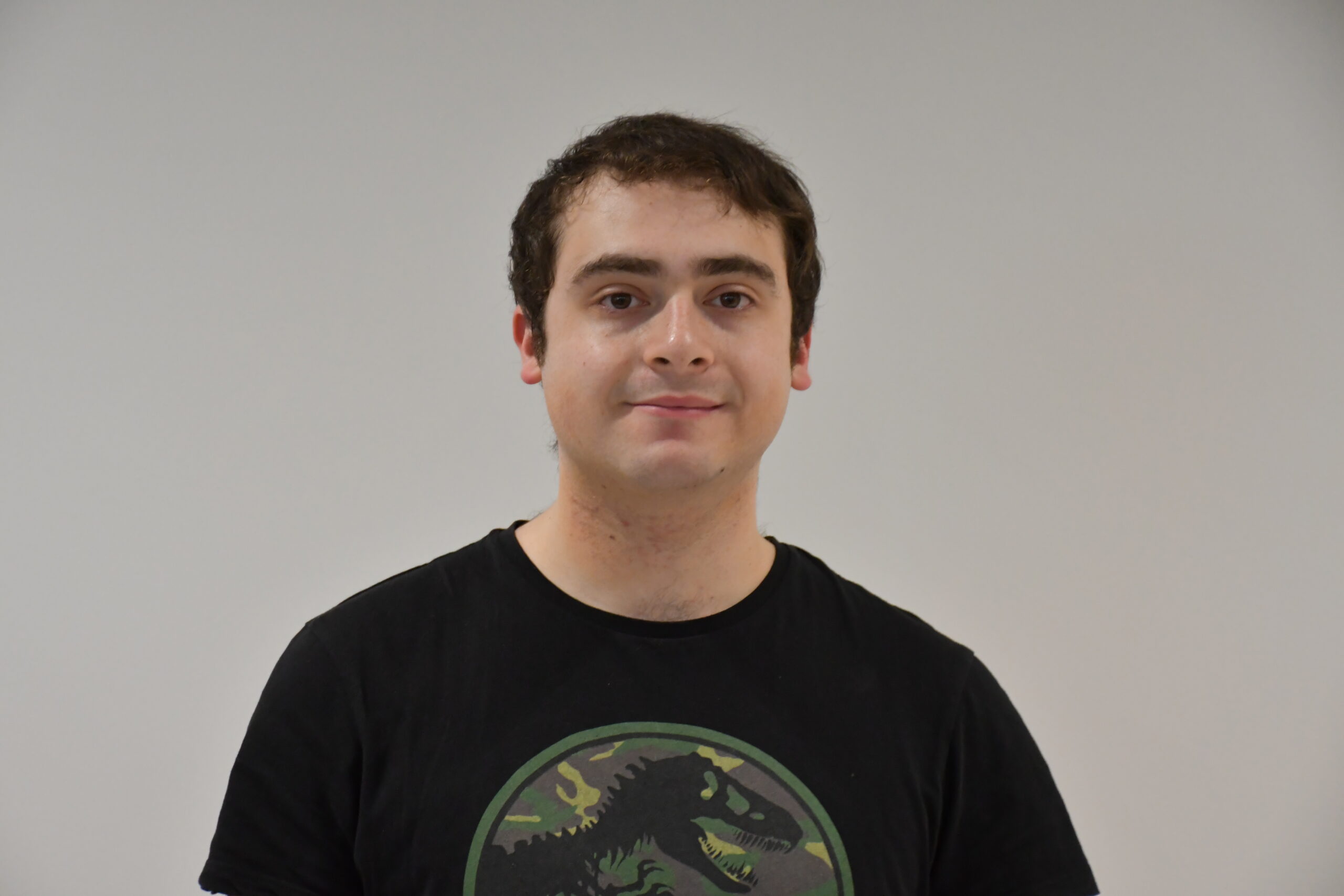



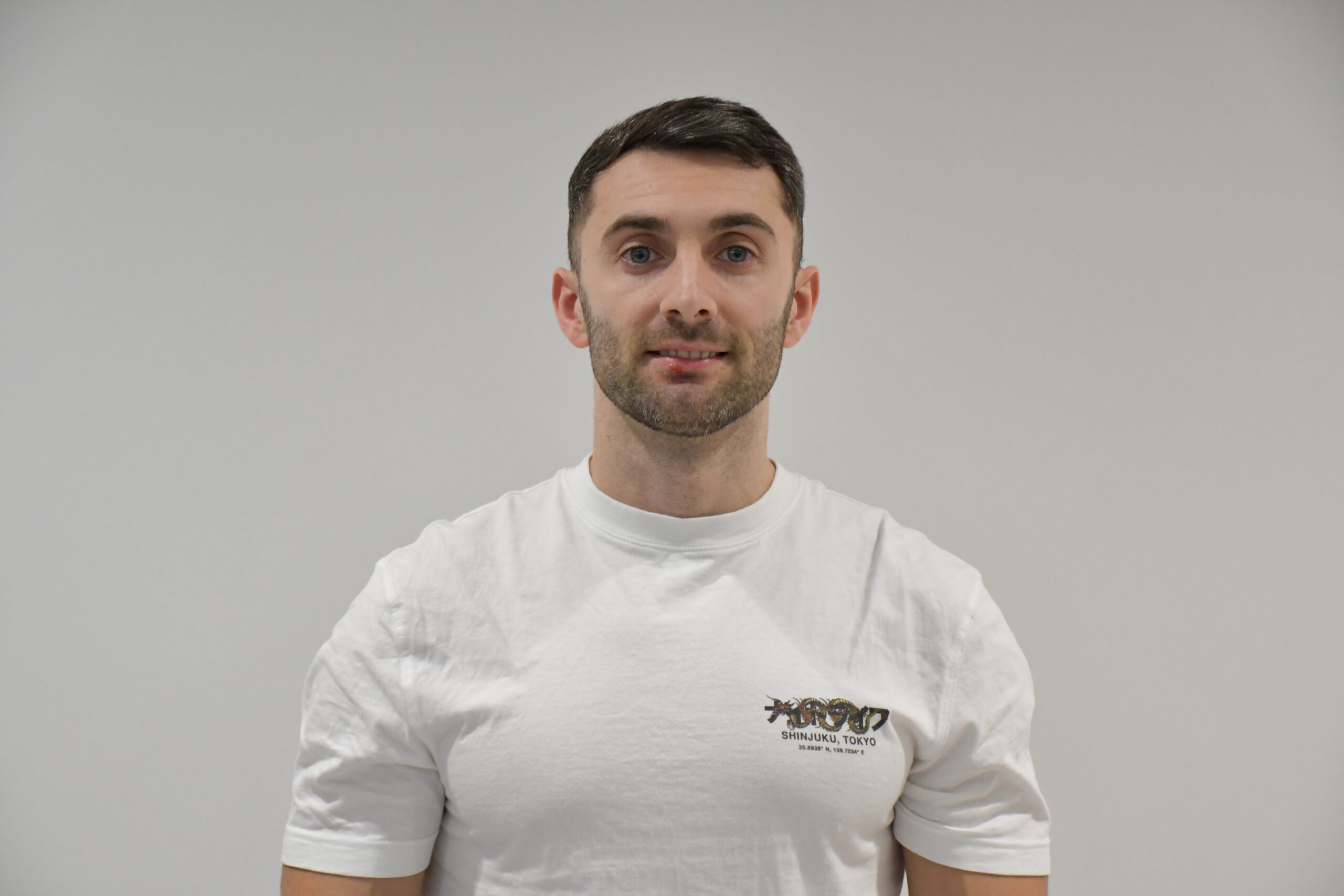

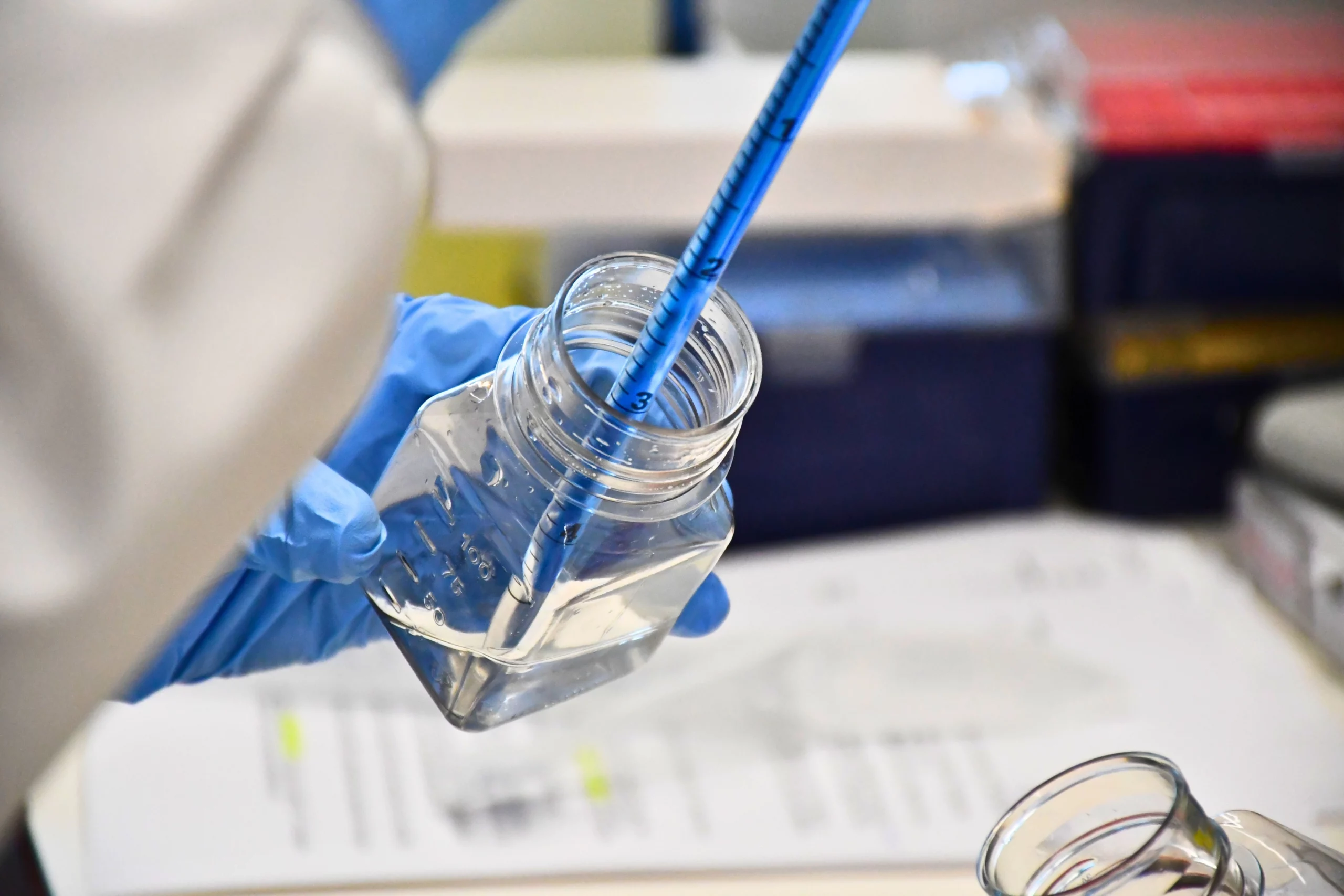
A note from the Facility Manager – Lisa Doar
I have worked at Cancer Research UK Manchester Institute for nearly 11 years now, after moving from a senior animal technician role at AstraZeneca. Since I have joined the Institute, the BRU Experimental facility has grown a great deal in both size and complexity so it has been great to be able to really shape and develop the facility and the team to enable us to offer high quality support to our research groups. Following on from the Institute fire back in 2017, the team and I have also had the opportunity to have huge input into the planning of our brand new in vivo facility which has been massively rewarding and now means we have a really high spec, purpose built facility which we can be really proud of.